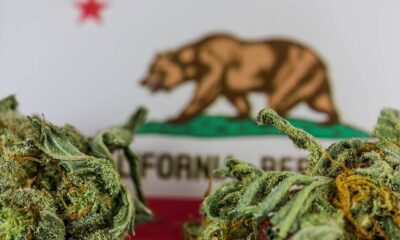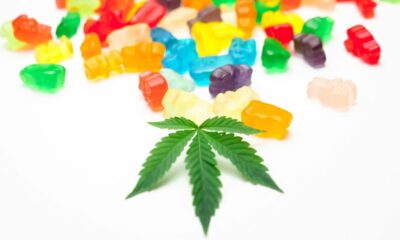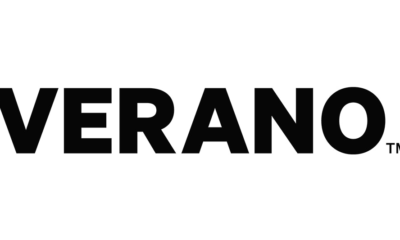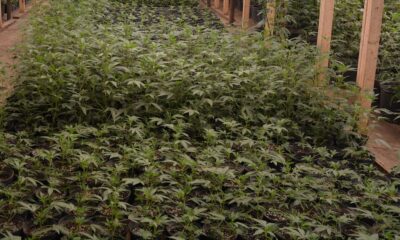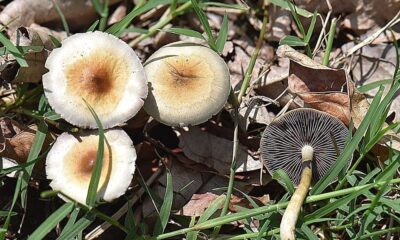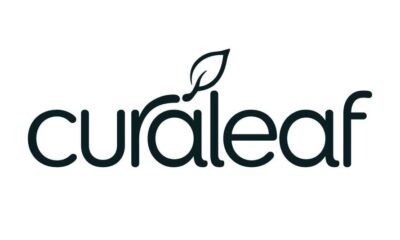Psychedelics are being considered for various mental health issues like drug-resistant depression and post traumatic stress disorder. Now they are being studied for treating addictive behaviors like alcoholism.
Two recently published studies have shown that classic psychedelics such as LSD, psilocybin and ayahuasca could be effective as a treatment for alcohol use disorder (AUD). Researchers at the University of Copenhagen and the National Institute on Alcohol Abuse and Alcoholism found that a single dose of psilocybin combined with therapy was effective at reducing alcohol consumption in study participants.
Denmark study
The first study conducted at the Psychiatric Center Copenhagen, Frederiksberg Hospital, University of Copenhagen, Denmark has not been peer-reviewed but the ten adults included in the study reported rapid and sustained reductions in cravings for alcohol following their treatment. According to the article on Leafie, “The open-label, single-group study investigated single-dose psilocybin therapy in ten treatment-seeking adults (eight men and two women; median age 44 years) with severe AUD. The treatment involved two preparation sessions, a high-dose psilocybin session (25 mg), and two integration sessions.”
The results demonstrated that alcohol consumption significantly decreased over the 12 weeks following psilocybin administration. Heavy drinking days were reduced by 37.5% and drinks per day decreased by 3.4 units.
The study concluded that a single 25 mg psilocybin dose was safe and effective in reducing alcohol consumption in AUD patients. It went on to suggest that larger randomized, placebo-controlled, single-dose AUD trials were warranted.
Brazil study
The second study was conducted by researchers at the University of Southern Santa Catarina in Brazil and published in the journal Progress in Neuro-Psychopharmacology and Biological Psychiatry. Researchers were aware that a single dose of psilocybin had been effective at curbing nicotine addictions. The researchers were also well-versed in the use of LSD as well as psilocybin to treat addictive behaviors.
“Given that serotonergic psychedelics do not produce physical dependence or withdrawal symptoms with repeated use, they may be considered promising treatment options for managing drug use disorders,” the second study said.
The study found that the 5-HT2A receptor activation may be effective in the pharmacotherapy of AUD. It also determined that classic psychedelics have the potential to modulate neuroplasticity in the brain.
Other studies
Green Market Report has previously written that there are just four medications approved by the Food and Drug Administration (FDA) for the treatment of AUD: disulfiram, acamprosate, oral naltrexone, and injectable naltrexone. One is very old (disulfiram was approved in 1951), most are expensive (injectable naltrexone costs $1,100-$1,200 per monthly dose), and all have limited to moderate efficacy, according to a study.
One of the first studies to find out how psilocybin can treat alcoholism was in 2015, which was a proof-of-concept clinical trial that showed promising results. Another study by Johns Hopkins University, beginning in April 2021, looked at whether a single high (25 mg) oral dose of psilocybin would lead to reductions in depressive symptoms and the amount of drinking compared to placebo in patients with both major depressive disorder and AUD.
Even the co-founder of Alcoholics Anonymous (AA), Bill Wilson, promoted the use of LSD to treat alcoholism in the late 1950s and early 1960s. He reportedly believed that LSD, by mimicking insanity, could help alcoholics achieve a central tenet of the twelve-step program proposed by AA. It was a matter of finding “a power greater than ourselves” that “could restore us to sanity.”

 California Cannabis Updates1 year ago
California Cannabis Updates1 year ago
 Breaking News1 year ago
Breaking News1 year ago
 best list1 year ago
best list1 year ago
 Business12 months ago
Business12 months ago
 cbd1 year ago
cbd1 year ago
 Bay Smokes1 year ago
Bay Smokes1 year ago
 autoflower seeds12 months ago
autoflower seeds12 months ago
 cannabis brands12 months ago
cannabis brands12 months ago


